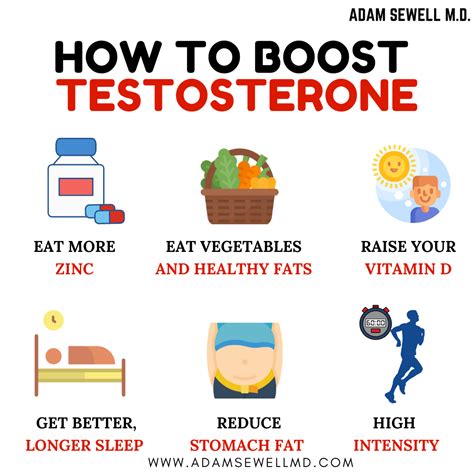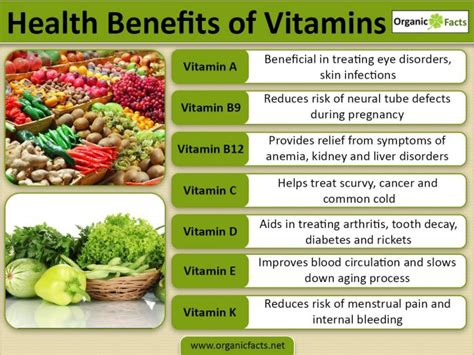Proven ways to naturally optimize testosterone levels for men?

Testosterone, the primary male sex hormone, plays a crucial role in men’s health, influencing everything from muscle mass and bone density to mood, energy levels, and libido. As men age, testosterone levels naturally decline, but lifestyle factors can accelerate this process or, conversely, help maintain optimal levels. Fortunately, numerous natural strategies can effectively support healthy testosterone production without resorting to synthetic treatments.
Embrace a Nutrient-Rich Diet
What you eat profoundly impacts your hormonal balance. A diet rich in whole foods can support testosterone production, while processed foods and excessive sugar can hinder it. Focus on healthy fats, lean proteins, and complex carbohydrates.
- Healthy Fats: Include monounsaturated and polyunsaturated fats found in avocados, nuts, seeds, olive oil, and fatty fish like salmon. Cholesterol, a precursor to testosterone, is essential, so don’t completely shy away from sources like egg yolks.
- Lean Proteins: Ensure adequate protein intake from sources such as chicken breast, turkey, lean beef, eggs, and legumes. Protein is vital for muscle building and overall hormonal health.
- Complex Carbohydrates: Opt for whole grains, fruits, and vegetables. These provide sustained energy and essential nutrients without spiking blood sugar, which can negatively affect hormones.
- Foods to Limit: Reduce consumption of processed foods, refined sugars, excessive alcohol, and unhealthy trans fats, which can disrupt endocrine function.

Prioritize Strength Training and High-Intensity Interval Training (HIIT)
Exercise is a powerful natural testosterone booster. While all forms of physical activity are beneficial, specific types of exercise have been shown to be particularly effective:
- Strength Training: Lifting weights, especially compound movements like squats, deadlifts, bench presses, and rows, stimulates a significant testosterone response. Aim for 3-4 sessions per week with adequate recovery.
- High-Intensity Interval Training (HIIT): Short bursts of intense exercise followed by brief recovery periods can also boost testosterone. Examples include sprinting, cycling, or rowing with high effort.
- Avoid Overtraining: While exercise is good, excessive or prolonged endurance training without proper rest can actually decrease testosterone levels and increase cortisol (the stress hormone).

Optimize Your Sleep Quality
Sleep is not a luxury; it’s a fundamental pillar of health, especially for hormone regulation. Most testosterone production occurs during deep sleep cycles. Chronic sleep deprivation can significantly reduce testosterone levels.
- Aim for 7-9 Hours: Consistent, high-quality sleep is crucial. Try to go to bed and wake up at the same time each day, even on weekends.
- Create a Sleep-Friendly Environment: Ensure your bedroom is dark, quiet, and cool. Avoid screens (phones, tablets, computers) for at least an hour before bed, as blue light can interfere with melatonin production.
- Limit Caffeine and Alcohol Before Bed: These substances can disrupt sleep architecture, leading to less restorative sleep.

Manage Stress Effectively
Chronic stress elevates cortisol levels, and elevated cortisol has an inverse relationship with testosterone; as one goes up, the other tends to go down. Finding healthy ways to manage stress is vital for hormonal balance.
- Mindfulness and Meditation: Practices like meditation, deep breathing exercises, and yoga can significantly reduce stress and lower cortisol.
- Spend Time in Nature: Being outdoors has been shown to reduce stress and improve mood.
- Hobbies and Social Connection: Engage in activities you enjoy and maintain strong social connections. These can act as powerful stress buffers.
Ensure Adequate Vitamin and Mineral Intake
Certain micronutrients are critical for testosterone synthesis and regulation.
- Vitamin D: Often called the “sunshine vitamin,” Vitamin D is more accurately a hormone. Studies show a strong correlation between adequate Vitamin D levels and higher testosterone. Get regular sun exposure or consider supplementation, especially in darker months.
- Zinc: This essential mineral is crucial for testosterone production. Good sources include oysters, red meat, poultry, beans, nuts, and whole grains. Zinc deficiency is linked to lower testosterone.
- Magnesium: Found in leafy greens, nuts, seeds, and whole grains, magnesium helps reduce oxidative stress and has been linked to higher testosterone levels, particularly in active men.

Address Lifestyle Factors
Beyond diet and exercise, other lifestyle choices can impact your testosterone levels.
- Maintain a Healthy Weight: Obesity, especially abdominal fat, is strongly associated with lower testosterone. Fat cells contain an enzyme called aromatase, which converts testosterone into estrogen.
- Limit Alcohol Consumption: Excessive alcohol intake can disrupt the endocrine system and impair testosterone production. Moderate consumption is generally fine, but heavy drinking should be avoided.
- Avoid Endocrine Disruptors: Be mindful of chemicals found in plastics (BPA, phthalates), pesticides, and certain personal care products. These xenoestrogens can mimic estrogen in the body and interfere with hormone balance.
Conclusion
Optimizing testosterone naturally is a holistic endeavor that requires a commitment to a healthy lifestyle. By focusing on a nutrient-dense diet, consistent strength training, sufficient quality sleep, effective stress management, and adequate intake of key vitamins and minerals, men can significantly support their body’s ability to produce and maintain healthy testosterone levels. These proven strategies not only contribute to hormonal balance but also foster overall well-being, vitality, and improved quality of life.










